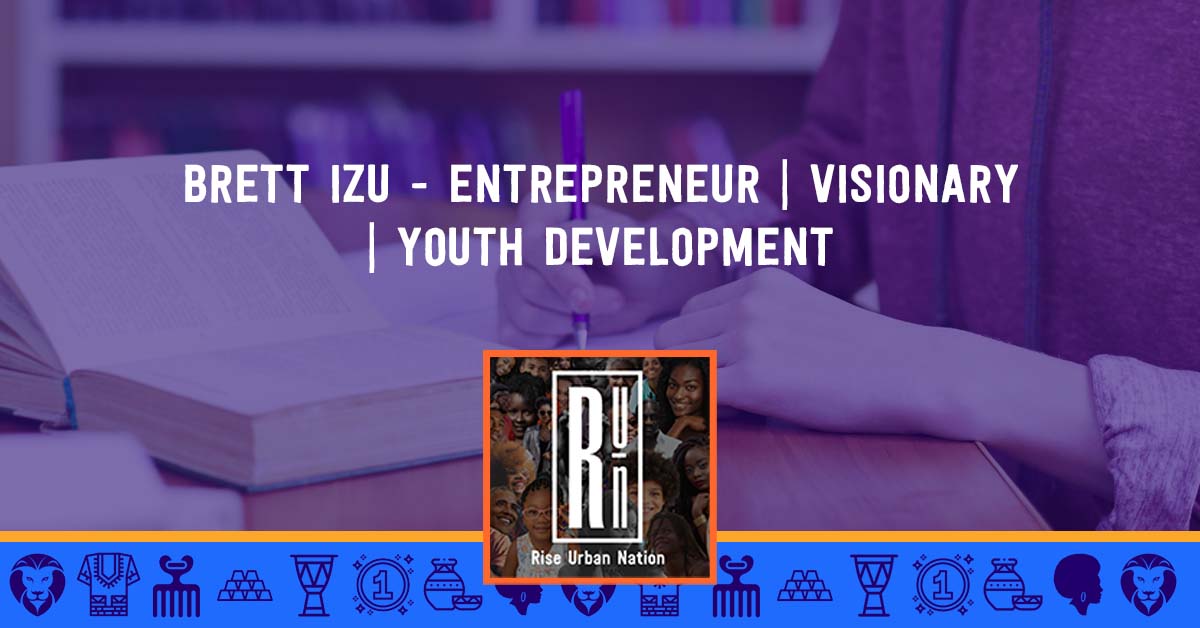7 Things You Should Know Before Starting a Business
Over 440 thousand new businesses were created in June of 2021 alone.
Spurred by the COVID-19 pandemic, people across the country have decided it is time to become their own boss. Fortunately, starting a business has become more accessible than ever.
It's a new era of entrepreneurship, and the opportunities are endless. But with so many new businesses, how do you ensure your business stays on top?
Here are seven things you need to know before you go out on your own.
1. Get Support
You might be the new CEO, but that doesn't mean you need to do it all independently. Starting a business can help you build your riches. But many new entrepreneurs don't make it.
Save yourself time and money by relying on the real-world experience of others. Learn from their successes and failures before you start to make your own.
One of the best ways to do this is to locate a mentor. Check out other businesses in your community and start to network with successful owners.
If you don't know where to start, see if organizations in your area offer assistance to new business owners. Having someone to talk to about your plans can help you fall into traps that others have experienced.
At the very least, listen to advice from successful people, so you don't have to gain wisdom the hard way.
2. Develop a Business Plan
It can seem like a hassle, but a business plan is crucial to a successful business. It helps you get the finances and other assistance you need. A business plan is necessary to show potential investors and partners that you are serious.
A business plan isn't only for investors, though. The process of writing out your plan will get you to think of parts of your business strategy that you may have not previously considered.
As you develop your plan, you'll begin to consider who your competition is, how much money you'll really need, and what areas you need to focus on. Your business plan is your path to success, so don't rush it.
3. Identify Your Customers
You're starting a company because you've got a great idea. You know that you have an audience for your product, but what else do you know about them?
Before you start marketing your product, get to know your target audience well. Listen to their wants, needs, and struggles to refine your product. This will help reduce your marketing budget and increase sales.
It will also help you develop new products and services as you continue to grow your business.
4. Become a Regulation Pro
Not many people have a passion for government regulations. Unfortunately, running a business means learning and complying with federal, state, and local laws. But cutting through the red tape can help keep you in business.
Make the painful call or email your local licensing and permitting offices to ensure you have everything you need to start and run your business. Bureaucracy is part of every business, but getting ahead of it will keep things running smoothly.
5. Manage Your Finances
Managing your cash flow is critical to a successful business. Having a solid business plan will set you up for success when it comes to your business finances. But there is more to it than that.
To start, make sure you've got a handle on all of your start-up costs. Work on projecting your sales and profits. Keeping an eye on cash flow will save you massive headaches later on.
Look for ways to streamline your startup and save money as well. For instance, social media marketing may save you more than traditional advertising. There may also be grants for local businesses in your area to help with funding.
You don't have to be an accountant to get a business running, though. Know when to ask for help.
6. Know Your Strengths and Weaknesses
Before you embark on your business journey, take an honest assessment of your strengths and weaknesses. Learn to feel empowered in what you don't know.
By assessing your strengths and weaknesses, you can determine what parts of the business you should lead and which areas are better outsourced. You don't have to do everything alone. Proper business management means getting help when you need it.
Maybe you make your own product but don't have a handle on marketing. Or you can handle the books, but your people skills could use some work. Be honest with yourself so you can get help in the areas you might be lacking.
7. Live Your Business Mission
When you first developed the idea for your business, you had a vision in mind. Transform that vision into your mission statement, so your goals are clear from the start.
Keep your mission at the forefront of your mind from the moment you begin building your empire to when you first launch the business. Creating your own business takes dedication and focus, with new situations arising regularly.
If you keep your focus on your mission, you'll have an easier time making the right decisions for your business.
Starting a Business the Right Way
Starting a business can be the most challenging experience of your life. But it can also be the most rewarding.
Preparation is key to ensure your time, money, and efforts are put to good use.
With these tips, you'll be off to a great start. Subscribe to our newsletter to keep the advice coming. We'll help you build your empire in no time!











